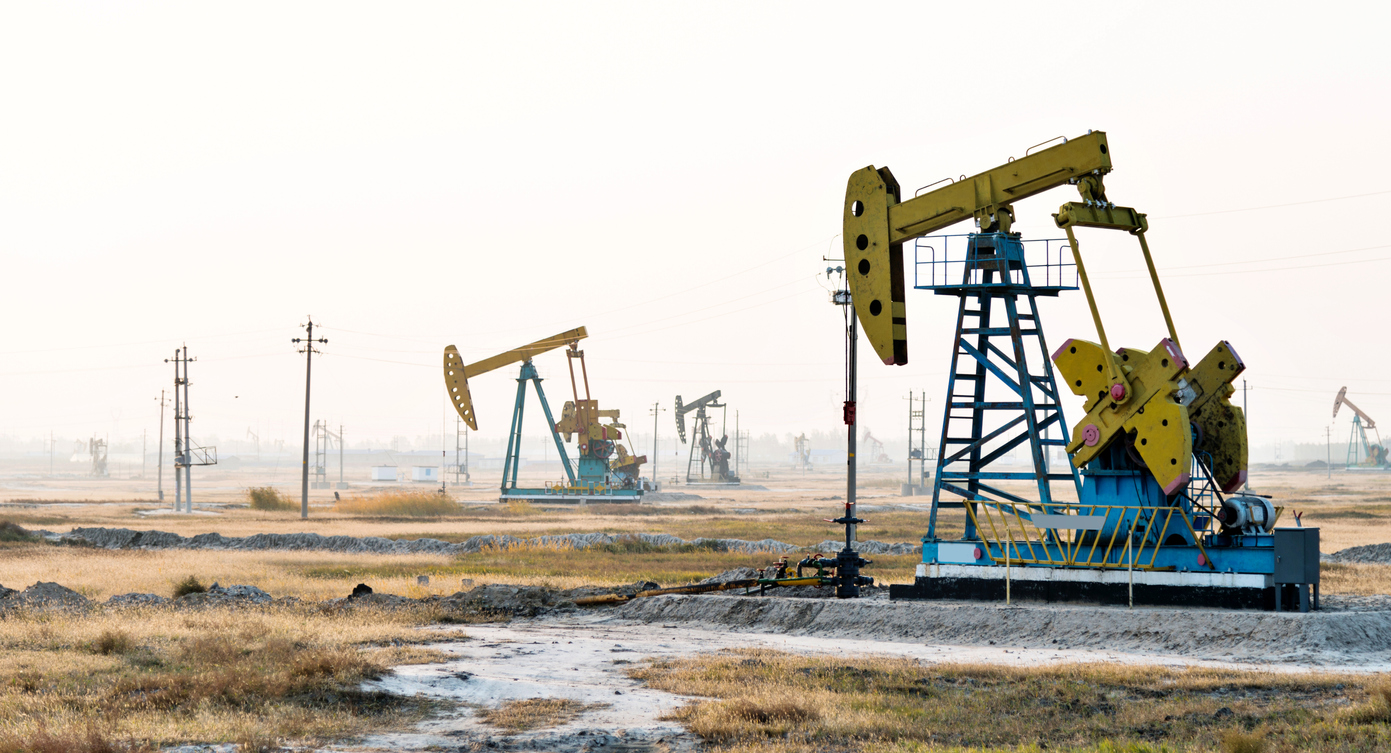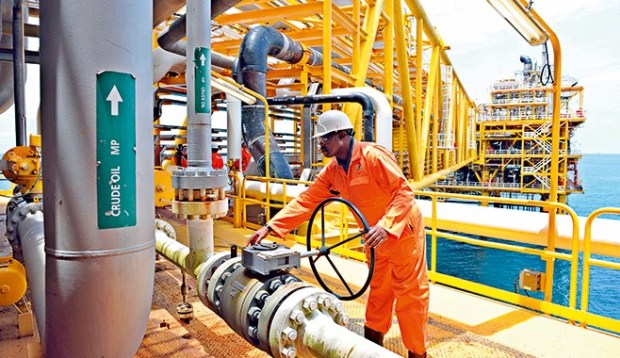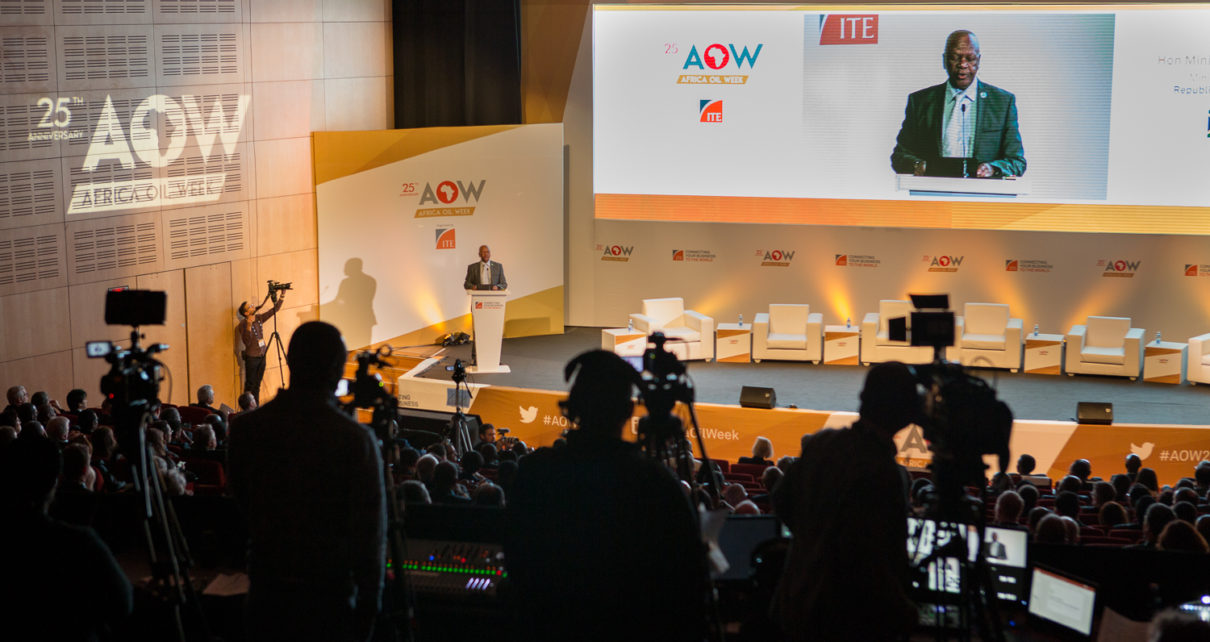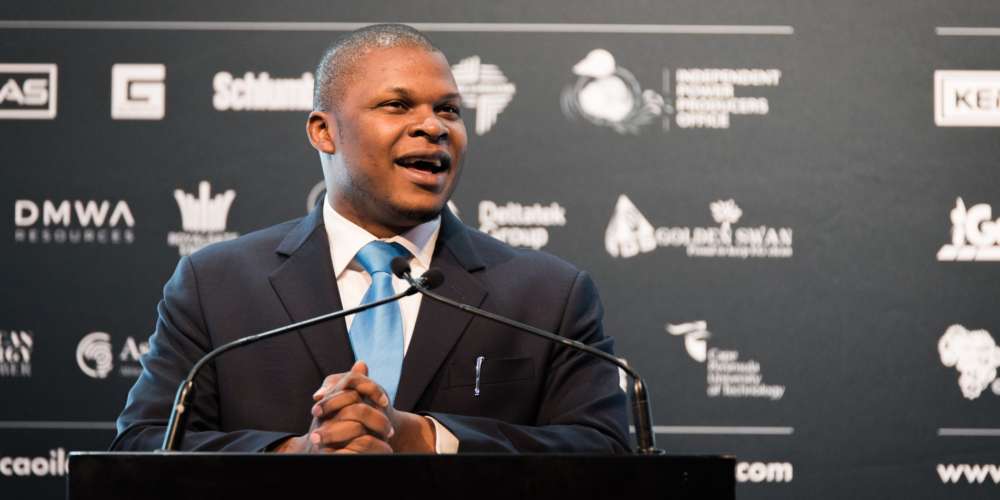Kenya Has Just Sealed Its First Oil Export Deal Worth Sh1.2 Billion
Time for early investors and startups in Kenya to leech onto the country’s blossoming petroleum industry! It is now safe to say that Kenya is now an oil-producing nation in the world, the only nation in the whole of East Africa, after South Sudan to actually export oil.
The country has just sealed its first oil export deal worth Sh1.2 Billion ($11.6m). With 60,000 to 100,000 barrels per day, Kenya is set to displace either Ghana, Brunei or Chad in the ranking of oil-producing and exporting countries by production capacity.
“We are now an oil exporter. Our first deal was concluded this afternoon with 200,000 barrels at a price of 12 million US dollars. So, I think we have started the journey and it is up to us to ensure that those resources are put to the best use to make our country both prosperous and to ensure we eliminate poverty,” Kenyan President Uhuru Kenyatta said
Here Is The Deal
- This deal which is the first-ever in the whole of Kenya’s history saw Kenya selling off 200,000 barrels of oil at a price of Sh1.2 billion ($12m).
- Kenya discovered commercial oil reserves in its Lokichar basin in 2012 and Tullow Oil estimates the basin to contain an estimated 560 million barrels in so-called 2C proven and probable oil reserves.
- Tullow has said this would translate to 60,000 to 100,000 barrels per day of gross production.
- Tullow Oil is a multinational oil and gas exploration company founded in Tullow, Ireland with its headquarters in London, United Kingdom. It has interests in over 150 licenses across 25 countries with 67 producing fields and in 2012 produced on average 79,200 barrels of oil equivalent per day.

- The government and Tullow Oil had expected to start exporting crude under the Early Oil Pilot Scheme (EOPS) by June this year but that appeared unlikely with the company only having trucked about half of the amount that will be needed for the first shipment.
- In May, Kenya’s Ministry of Petroleum said about 88,000 barrels of oil had so far been trucked to Mombasa and was targeting to accumulate 200,000 barrels that would form the first export cargo.
- The oil that has been ferried to Mombasa was produced in 2015 during an extended well testing exercise. By end of March, Tullow had shipped all the oil stored in Lokichar and has been setting up an Early Production Facility, which will produce 2,000 barrels a day.

Currently, major oil producers in Africa include Nigeria (0.0449), Libya (0.0101), Egypt (0.0418) and Algeria (0.0913), producing a total of 0.1881 trillion cubic feet of gas cumulatively which is 5.4 percent of the world’s total production.
In 2018, Africa’s total oil production amounted to around 8.19 million barrels of oil per day.
Africa’s production rate is, however, decreasing at a rate of 1.1 percent per annum. Africa’s consumption rate is at 138.2 billion cubic meters at a growth rate of 1.4 percent. It would take Africa 68 years to completely deplete its reserves.
Charles Rapulu Udoh

Charles Rapulu Udoh is a Lagos-based Lawyer with special focus on Business Law, Intellectual Property Rights, Entertainment and Technology Law. He is also an award-winning writer. Working for notable organizations so far has exposed him to some of industry best practices in business, finance strategies, law, dispute resolution, and data analytics both in Nigeria and across the world.












